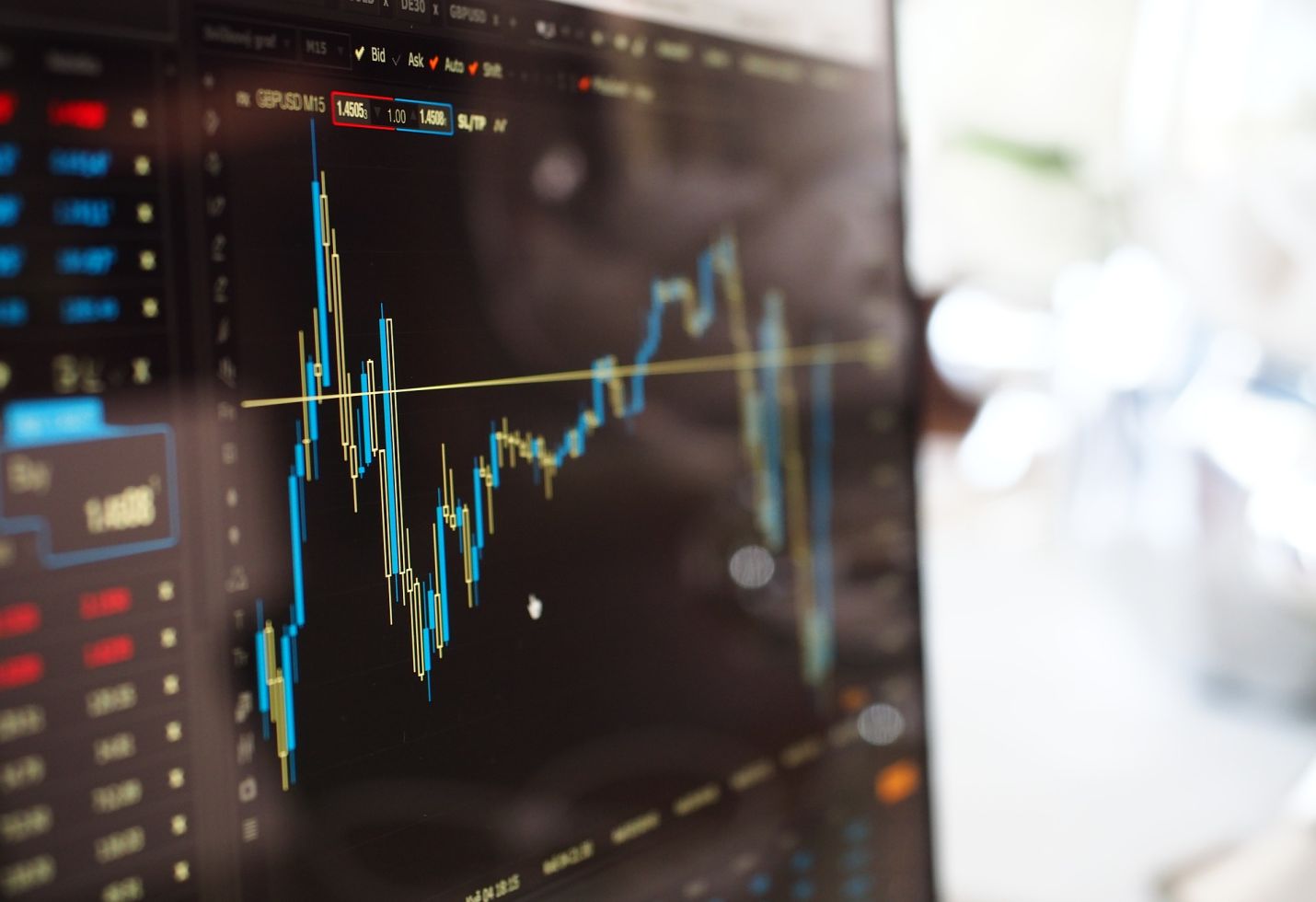AI Chip Wars: Nvidia’s Licensing Deal with Groq and Strategic Sector Leadership
In late December 2025, the artificial intelligence (AI) hardware landscape saw a critical strategic development that could shape the semiconductor industry and investor calculus for the coming decade. Nvidia, the dominant market leader in AI accelerators entered into a *non-exclusive licensing agreement* with AI chip developer *Groq* on *December 24, 2025*, focusing on next-generation inference technology that powers real-time AI applications. This move arrives amid intensifying competition from other tech giants in AI chips and growing demand for AI services that require both powerful training hardware and ultra-efficient inference processors.
*What Nvidia and Groq Announced*
The agreement allows Nvidia to license Groq’s specialised *inference technology* designed to execute AI models efficiently, while Groq remains an independent company and continues operating its cloud business. Founders and key executives of Groq, including CEO Jonathan Ross and President Sunny Madra, are joining Nvidia to help integrate and scale the licensed technology. Groq’s CFO has been appointed the company’s new CEO.
This deal structure, combining licensing and selective talent acquisition, contrasts with a full takeover and reflects industry efforts to access cutting-edge innovation without triggering heavier regulatory scrutiny. Several sources in the market reported this transaction could be valued at *approximately $20 billion*, which would mark Nvidia’s largest strategic deal to date if fully realized on those terms.
*Why Inference Technology Matters*
The essence of modern AI workloads lies in two phases: training, where massive models learn from data, and inference where trained models answer real-world queries such as recommendations or chatbot responses. Nvidia’s GPUs, particularly latest architectures like Blackwell, dominate AI training. However, inference tasks increasingly demand chips that are not just powerful but also energy-efficient and cost-effective. Groq’s architecture has been engineered specifically for such low-latency, high-throughput inference tasks, making it attractive to server farms and cloud providers that support large language models and real-time AI services.
Groq was valued at roughly *$6.9 billion* after a substantial funding round in late 2025. The company’s focus on inference rather than generalised GPU training has made it a credible competitor in parts of the AI hardware market and a valuable partner for Nvidia, which continues to cement its market leadership.
*Strategic Rationale for Nvidia*
For investors and corporate strategists, Nvidia’s deal signals several key trends:
1. AI Market Evolution: AI workloads are evolving, and chips that handle inference efficiently will be critical as applications scale. Nvidia’s explicit investment in Groq’s technology shows a willingness to diversify its silicon offerings beyond traditional GPU designs.
2. Talent Integration: Securing top hardware engineering talent from Groq, including executives with experience from major tech firms, strengthens Nvidia’s internal capabilities and reduces competitive risk.
3. Regulatory Navigation: The non-exclusive licensing route allows Nvidia to tap innovation without full acquisition, a strategy that helps sidestep some antitrust concerns amid global scrutiny of big tech consolidation.
4. Broadening AI Ecosystem: By integrating Groq’s inference strengths, Nvidia can offer a broader portfolio that serves both high-end training and cost-efficient inference, appealing to cloud providers, data centers, and enterprise AI deployments.
*Implications for the Semiconductor Sector*
This deal illustrates how competition in AI hardware has shifted from simple GPU supremacy to specialized computational chips. Startups like Groq, Cerebras, and others have developed architectures that can rival conventional GPUs on certain tasks, particularly inference. Nvidia’s willingness to incorporate these innovations underscores the intensifying battle for chip architecture dominance.
For investors, this change has important consequences:
* Valuation Multiples: Specialised AI chip startups are commanding strong valuations, particularly when their technologies address significant industry needs like low-latency inference.
* M&A Patterns: Licensing and talent-focused arrangements may become more common than outright acquisitions, especially where regulators are cautious about concentration.
* Ecosystem Investments: Companies across the tech stack from cloud providers like AWS, Google Cloud, and Microsoft Azure to AI software firms may increase spending on customised hardware solutions that improve performance and lower costs. This could diversify investment opportunities beyond traditional GPU leaders.
*Evaluating Nvidia’s Market Position*
Nvidia’s leadership in AI hardware has been remarkable. As of late 2025, the company remains a core supplier of AI chips for the world’s largest cloud providers and data centers. Nvidia’s shares have rallied strongly over the year, reflecting broad investor confidence in its tech dominance. Analysts note that expanding its product set to incorporate advanced inference technology can protect its market share as competitors like AMD, Intel, and specialised startups push deeper into the AI silicon arena.
*Risks and Considerations*
Despite the strategic promise, investors should weigh certain risks:
* Integration Challenges: Combining technology from different chip architectures and teams poses execution risk.
* Competitive Technology: Emerging architectures and alternative approaches, such as neuromorphic chips or photonic computing could disrupt current trends.
* Regulatory Uncertainty: Even licensing deals may attract regulatory attention if they substantially change competitive dynamics.
*Conclusion*
Nvidia’s December 2025 licensing agreement with Groq reflects a pivotal moment in the AI chip wars. By merging Groq’s advanced inference technology and key talent into its ecosystem, Nvidia is reinforcing its strategic edge and anticipating the market’s future needs. This development underscores the importance of watching not just revenue growth and market share but technological leadership, talent acquisition strategies, and regulatory navigation in shaping long-term value in the semiconductor and AI markets.
The image added is for representation purposes only






